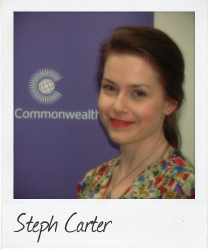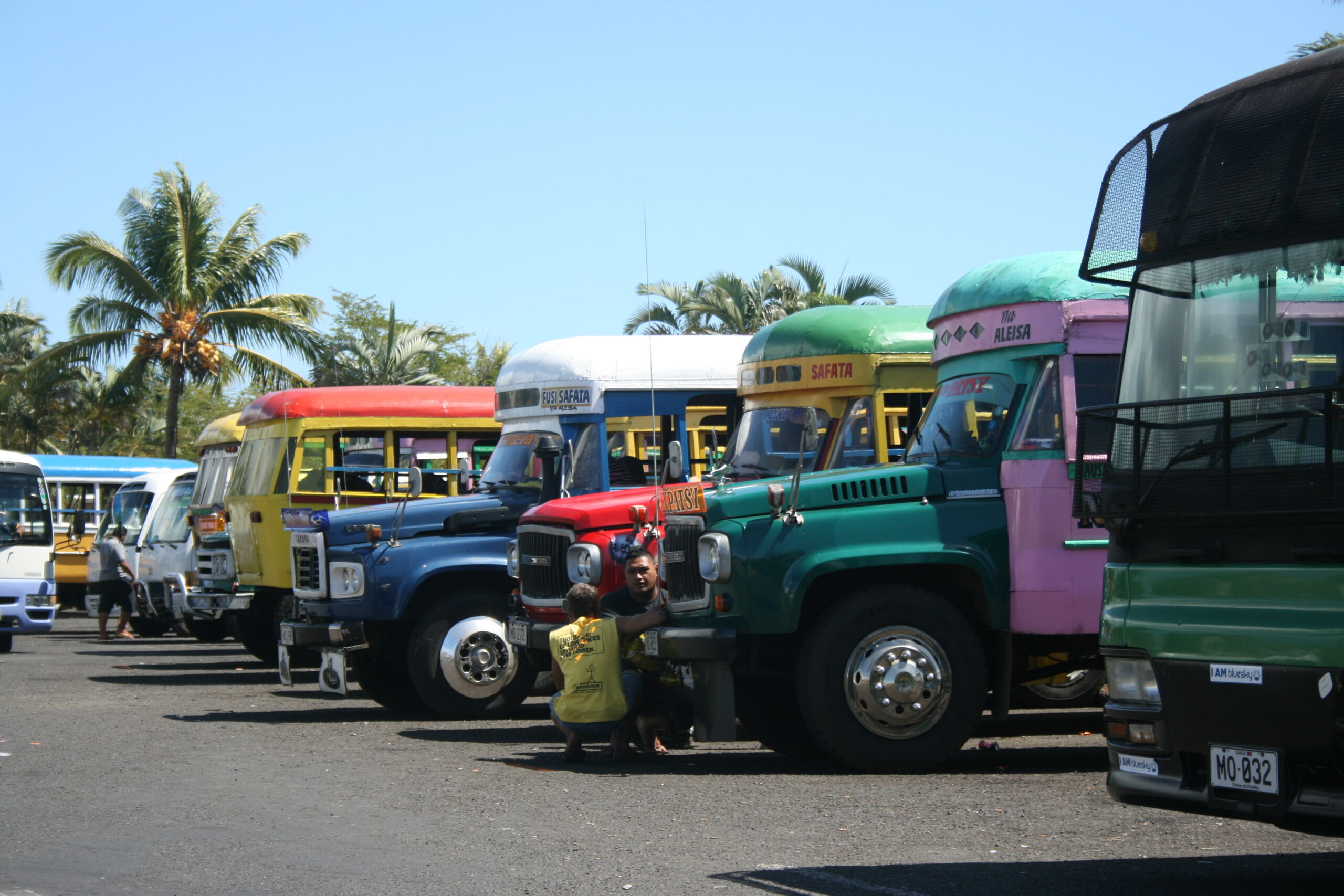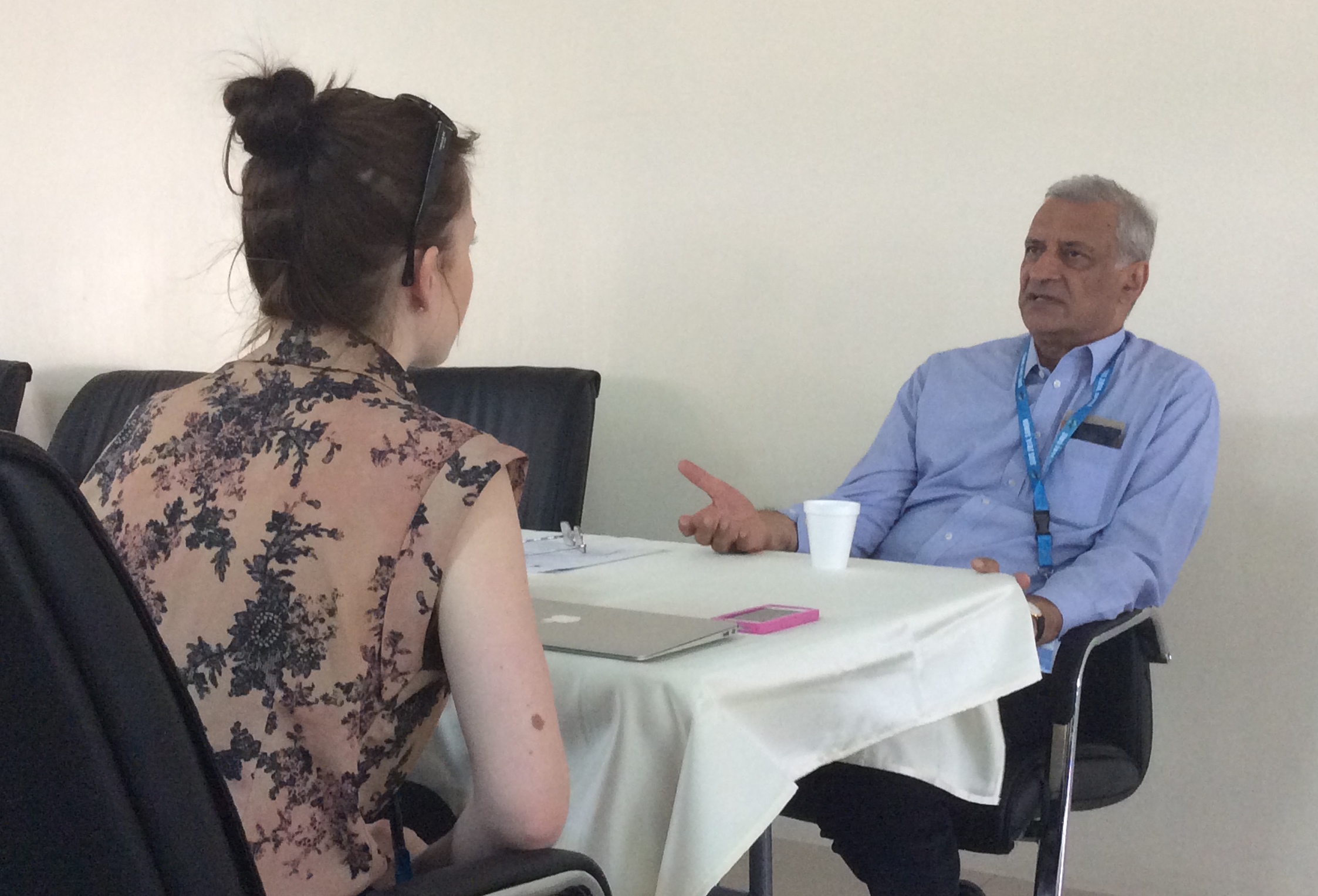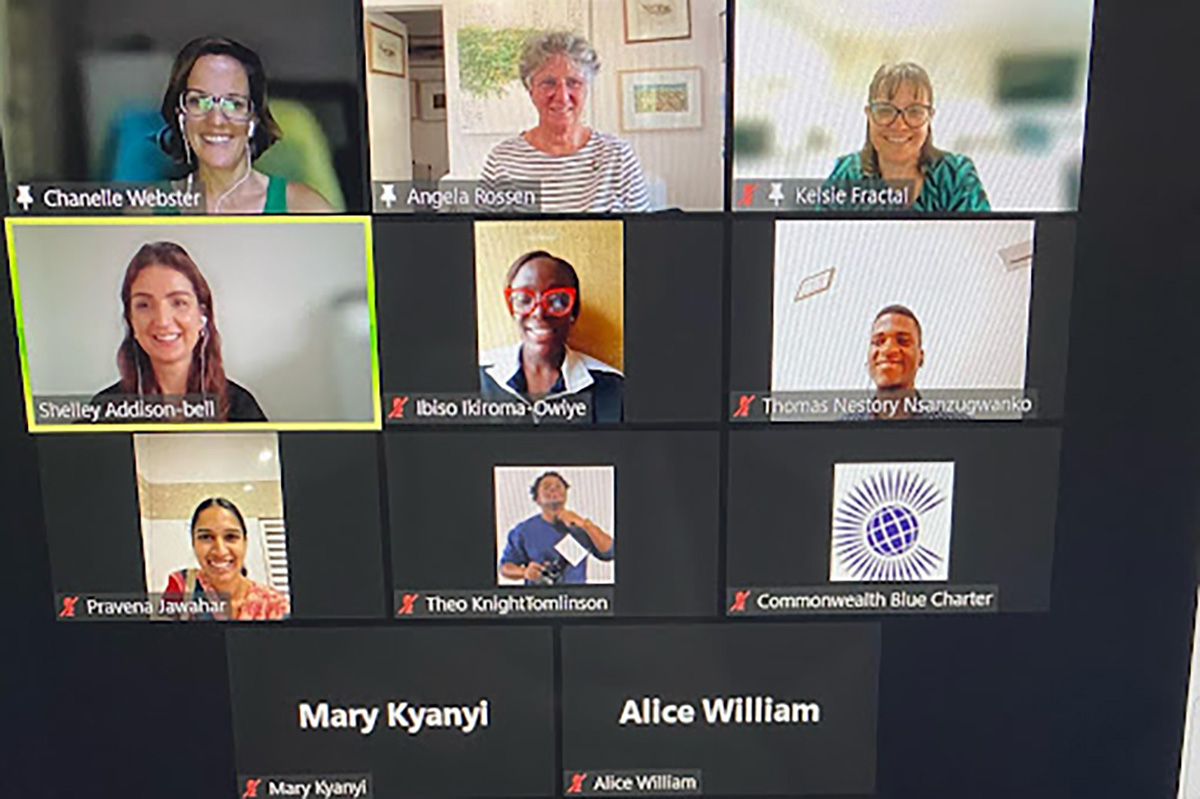SIDS 2014: "Small states are not on the margins, says Commonwealth"
September 2nd, 2014 Small island developing states are especially vulnerable to external economic and environmental shocks. At the Third International Conference on Small Island Developing States in Samoa, 1-4 September, the Commonwealth is partnering with the United Nations, governments and international organisations to help build the resilience of these countries.
Small island developing states are especially vulnerable to external economic and environmental shocks. At the Third International Conference on Small Island Developing States in Samoa, 1-4 September, the Commonwealth is partnering with the United Nations, governments and international organisations to help build the resilience of these countries.
The Secretary General of the Commonwealth, Kamalesh Sharma, is positive that the Commonwealth’s initiatives around youth entrepreneurship and climate resilience will support the development and sustainability of SIDS, writes Steph Carter, 24, a Commonwealth Correspondent from Australia.
As a champion for small states, the Commonwealth plays an active role in securing a sustainable future for SIDS across the Pacific, Caribbean and African region. At the 2014 SIDS conference this week in Samoa, several of the Commonwealth’s partnership initiatives are on display, encompassing areas of climate change, ocean resources and youth entrepreneurship and empowerment.
One important partnership featured at this week’s conference is the Climate- Resilient Islands Partnership, a collaborative arrangement between the Commonwealth and the Secretariat of the Pacific Regional Environment Programme, the Caribbean Community Climate Change Centre and the Indian Ocean Commission. Formed in 2011, the partnership works to support climate change planning and finance in SIDS through a comprehensive five point work plan that emphasizes cross regional planning and learning. In speaking to YourCommonwealth earlier, Commonwealth Secretary General Kamalesh Sharma spoke about the Commonwealth’s support for building climate resilience in SIDS.
‘The carbon footprint of small islands is close to nil, but they are the first ones to be affected by global warming, with many of these threats being of an existential nature. The answer to these vulnerabilities is resilience but it has to be done stage wise. We help commonwealth small states lodge claims for expansion of economic zones, and once that comes into existence they have a right over the territory and can exercise their right for fishing, tourism, and exploitation of natural resources in a sustainable way. In exchange for this, you get financial benefit. We are also working on ocean governance’.
The Secretary General is also positive about the work being done by the Commonwealth in the area of youth. In 2013 the Commonwealth launched the very first Youth Development Index, offering an inter-country comparison for young people across areas of education, health, employment, civic and political participation. This index is one of many tools for the Commonwealth in their ongoing work with member governments in the development and implementation of youth empowerment policies. The Commonwealth Youth Council and youth entrepreneurship activities are also key features of the commonwealth’s work in member states, including SIDS. Said the Secretary General,
‘Our youth council in the commonwealth is one of the biggest youth councils in the world and our Youth Development Index is a global first. Every year we will make this more sophisticated and recognized amongst member states. We have a student association network to try and advance scholarship and fellowship programs. We are giving a definition also to young entrepreneurs- our Commonwealth – Asia Alliance of Young Entrepreneurs is doing extremely well and we are trying to seed this elsewhere in the commonwealth’.
In showcasing its work with youth at SIDS in Samoa, the commonwealth yesterday also launched its Commonwealth 2015 Youth Awards, at an intergenerational youth dialogue for obstacles to empowerment and participation. This initiative, along with others, will further build the capacity of youth leaders in commonwealth countries, including in commonwealth SIDS.





